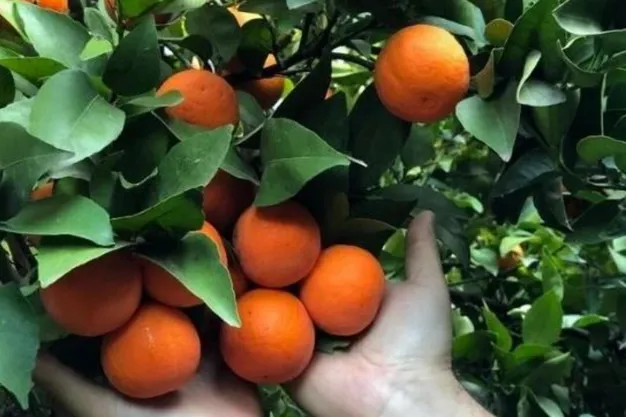As 2024 kicks off, what sorts of challenges and developments will organic growers and shippers see this year? Not surprisingly, economics is one of the first topics to come to mind. “The biggest challenge is going to be deflation and it’s what we’re starting to see,” says Drew Knobel, director of sales and purchasing for Earl's Organic Produce.
Additionally, in some cases, conventional produce is more expensive than organic produce. “We are seeing the typical conventional buyer, buying the organic counterpart because of the price. However, that creates a bit more volatility in the organic market,” he says.
For growers, deflation, while good for and welcomed by consumers, also creates economic challenges in upfront costs, like input costs and labor being still on the stronger side. Deflation in organic produce pricing means a cheaper price with a potentially over-supplied market. “The deflation on the input costs will catch up but it will be delayed, or we could see an adjustment on the labor side to offset. Right now, growers are paying for expensive inputs, putting product in the ground and growing for 45-90 days for example. They, potentially, are not going to get what they put into it and demand the same price as previously.,” says Knobel. “So your sales dollars are going to go down, profitability will go down, and the only way to get out of that spiral is to sell more units to make up for the price decrease.”
Fruit versus vegetables
For growers, he thinks this will particularly affect those on the organic vegetable production side rather than the fruit side, except berries and possibly avocados. “We saw a lot of that in the greens category over the Thanksgiving Day holidays where our unit sales were up more than our dollars were.
 Varietal citrus also continues to grow as an organic category that’s popular.
Varietal citrus also continues to grow as an organic category that’s popular.
At the same time, on some items the pricing gap between conventional products and organic products could also come closer together--in mid-December for example, Roma tomatoes were cheaper organically than conventionally. For bigger players who aren’t under contract, they will switch over to buying organic products over conventional to save money which could create a more volatile market. “The economics of it are going to be challenging. We want to keep people employed, wages stable and manage benefits upfront, so it’ll be interesting to how the whole model adjusts,” says Knobel.
Emerging items
Food waste is also starting to influence the movement of organic product. Knobel says that in the California Bay area, it is seeing organic broccoli crowns for example becoming more of the norm in the stores versus broccoli heads. Not only is there less waste on the crowns but the product also looks to merchandise better. “It’s probably also a perceived consumer value that you’re just getting the crown and not the stem,” says Knobel. Less food waste and convenience could also factor into the continued growth being seen in packaged salads, a growth spot for Earl’s Organic.
In terms of specific organic items, varietal citrus also continues to grow as an organic category that’s popular as are tropical items such as dragon fruit. “There’s a little bit more demand in those, however, it’s cases not pallets. It’s items such as the different varieties of mandarins or kumquats or limequats--maybe people are becoming more adventurous with eating,” says Knobel.
In all, Knobel’s final thought is that we will see a stronger second half of 2024. “It’s going to be a tough six/nine months with deflation and the economy, but I think after that, mid-summer into next fall, it should improve,” he says.
 For more information:
For more information:
Susan Simitz
Earl’s Organic Produce
Tel: +1 (415) 824-7419
[email protected]
https://www.earlsorganic.com/
